VI. Aliens and Beetles
One night while brushing her teeth, Theresa calls me, Pete, and Tina into the bathroom to see a fat gecko. He’s the length of a regular gecko, the size of my hand from wrist to tip of middle finger, but his body looks like it was inflated with a tire pump. He freezes on the wall above the sink, looking at us looking at him. His feet are so fat, I can see each toe: sticky and green and clearly defined. We’re delighted. We can’t get enough. I tell Pete we’re keeping him forever. Tina runs to get her camera. She takes a few mood shots—Gecko Atop Toilet, Gecko Illuminated in Fluorescent Bathroom Light—then moves in for a closeup, then moves closer. Then, still looking through the viewfinder, she reaches out one hand, the motion almost involuntary, to pet his back or maybe catch him. He’s gone in a flash of emerald, escaping through a hole between the floorboards.
“For a big boy, he sure moves fast,” says Tina. She sighs, and puts away her camera.
At night, I listen to the many resonations of the noise machine. It turns on by itself, alternating sound in varied combinations. Dogs whine and howl and fight in packs. An overeager rooster crows at 4:00 a.m., two hours before dawn, and doesn’t quit until noon. Theresa sniffles, and Tina turns over in bed; you can hear every rustle through the bamboo bedroom walls that aren’t walls but screens. They reach halfway to the ceiling, open at top to let the heat escape. And sometimes, geckos make a sucking noise that sounds like they are laughing.
“I didn’t tell you we had laughing geckos because then you might have envisioned something else, like more of a guffaw or maybe giggles, and I didn’t want you to arrive and be disappointed,” Pete says.
“There are lizards. Outside. Laughing. Making jokes and cracking up. How could that possibly disappoint anyone?” I say. I occasionally still forget about his British gift of managing expectations.
Most geckos are half the weight of the one in our bathroom, but generally, things here grow big and fast. Throw a handful of seeds in the direction of a dirt pile, and in a week you’ll have Cinderella pumpkins. Turnips that mimic hubcaps. When flora flowers small, I think it’s because it instead focused efforts on intensifying flavor. I eat a banana no bigger than a pickle, but it’s as though it’s my first time. I’ve never before had this fruit; all others were banana imitations. Its aroma hits in layers: spicy, like it’s studded with tiny chili seeds; tart, like it lay down with a lemon; so sweet it rolled in honey. In the end I can’t unbraid them.
Fat gecko is not my only Jurassic Park-sized fauna sighting. Cheyne and Ema invite us for Sundowners: cocktails you drink while watching the sun sink into the sea. Their home, near the Walindi main house, is beautiful and new. Corner windows in the bedrooms stir cool tempests, like natural air conditioning. We sit on a wide deck built over a piece of land they claimed back from the ocean. Gin and tonics, cold white wine, salami smuggled in suitcases from Australia. The content hum of our voices.
The chop, chop, chop of an approaching helicopter.
Ema jumps from her seat. “Oh no,” she says. “It’s one of those big ones.” She runs inside and turns off the exterior lights.
A second later, it lands.
The rhinoceros beetle is larger than my fist. It touches down at the base of the sliding screen door and retracts its landing gear: giant wings fold back into a hard brown shell. It looks around, gets its bearings, and that’s when I decide that it’s a she. Her face so big I can distinguish eyes, and they are lovely, black and curious. I swear I make out lashes. She extends one elegant leg and starts a slow trek up the net, attracted by lights inside the living room. Conversation resumes, but I’m no longer listening. She has all of my attention. In that moment I am certain I’ve never seen anything so beautiful as the lady beetle and her slow, focused ascent.
She doesn’t look organic. She looks like the Mondoshawans, massive insect-like aliens with mahogany-colored casings that land in the desert at the start of The Fifth Element, a movie I used to watch with my mother. My mother loved science-fiction films and books set post any apocalypse. She was a Trekkie, smitten with Captain Jean-Luc Picard and his voyages aboard the starship, Enterprise. The Fifth Element was among our favorites. It begins with Mondoshawans traveling to Egypt circa 1914 to retrieve a weapon they fear might otherwise be damaged in the forthcoming Great War. This weapon, plus four stones, are the only elements that can in the future save mankind, when the universe’s greatest evil turns its black eye to Earth. The Mondoshawans promise their terrestrial contact, a priest, that they will return the weapon before evil next returns. In the meantime, he’s to guard their secret and share it with another priest before he dies, and on and on until centuries pass and the year is 2263 and cities soar skyward and a flying taxi, driven by Bruce Willis, weaves between buildings, dipping out of clouds. But from the start, mankind proves that perhaps it’s not worth saving. One Mondoshawan scout gets trapped inside a pyramid after archaeologist Luke Perry sees the alien but can’t see past its alien countenance. He thinks anything so other must be enemy, so he fires his pistol, and the reverberation causes excavated walls to tremble. Rocks fall as the earth quakes.
“Hurry,” says the anguished priest to his Mondoshawan friend, urging him forward, faster, out of the collapsing room. “There’s still time.”
The Mondoshawan tries. He lumbers onward, but he moves slowly, because that’s the way the Mondoshawans move. “Time doesn’t matter,” he says calmly as the walls close, forever entrapping him alone in a dark tomb. “Only life matters.”
Lady beetle is halfway up the screen. She moves slowly too, every step deliberate. To her, the rise is the scaling of a sheer-faced cliff, but she’s not overwhelmed. She never looks down. One long leg follows another. Her eyes stay focused on the net’s tiny loops. Perhaps she counts them. Pete asks a question, maybe if I want more wine, but I squeeze his hand without looking away or answering. She’s almost at the top now, where a metal rail secures the screen door in its sliding track. What will she do when there’s no mesh left to climb? She reaches the bottom of the bar. Pauses. Considers. Then extends her thin right upper leg and taps the metal once, twice, three times. She knocks on the door! Requesting entry after her long journey. She’s a very polite beetle.
The last sci-fi book my mother read was The Martian, about an agriculturalist who gets stranded on the red planet after an accident forces his crew to emergency evacuate. The other astronauts think he’s dead, so they rocket away, leaving him behind. He’s injured, as it turns out, but only superficially, not fatally. He wakes up alone—and that’s when his story begins. When there’s no one left, you turn to yourself. You look inside, and what you find there describes the human that you are.
For many months, more than a year, I thought my mother would recover. The chemotherapy that pumped poisons in her blood ravaged her body, but doctors hoped those hurts would heal. That word is called remission.
One day my mother said, “I am like that little guy, alone on Mars, fighting to get home.”
It upset me when she said that. It offended. Hadn’t I run the New York City marathon to raise seed money for ovarian cancer research? Hadn’t I sacrificed five months to train, eating eggs and cottage cheese and never drinking and hardly seeing friends and for five months doing little more than working running working running, to show my mother that she wasn’t alone? I was there, suffering beside her. After all, hadn’t I shaved my head when she lost all her hair?Except now I understand what my mother understood before me: Each of us leaves here alone. Even when we have a daughter sitting beside us, in the final moment, holding one hand.
Time doesn’t matter. Only life matters. In the end, what would have been enough time? Not the seventeen days we had together after I moved home. Not seventeen-thousand extra years.
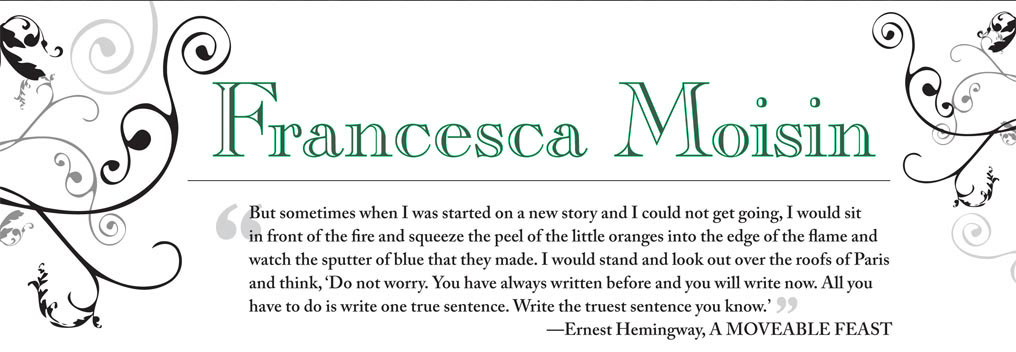
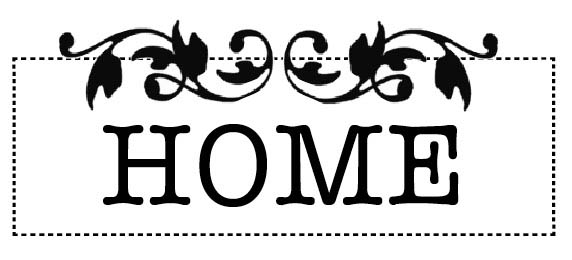


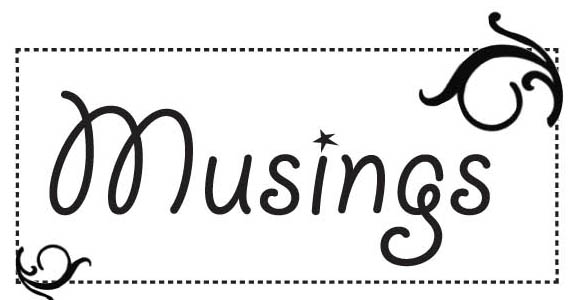

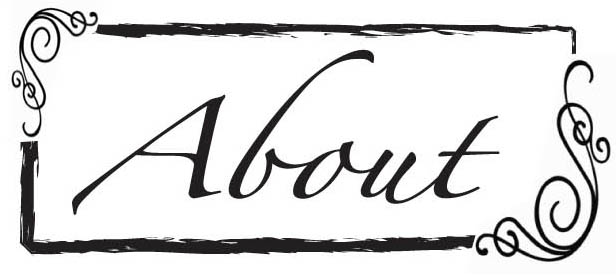
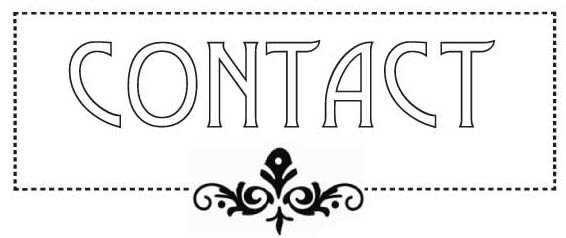


 Francesca Moisin
Francesca Moisin
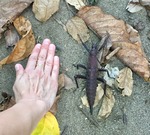
Reader Comments